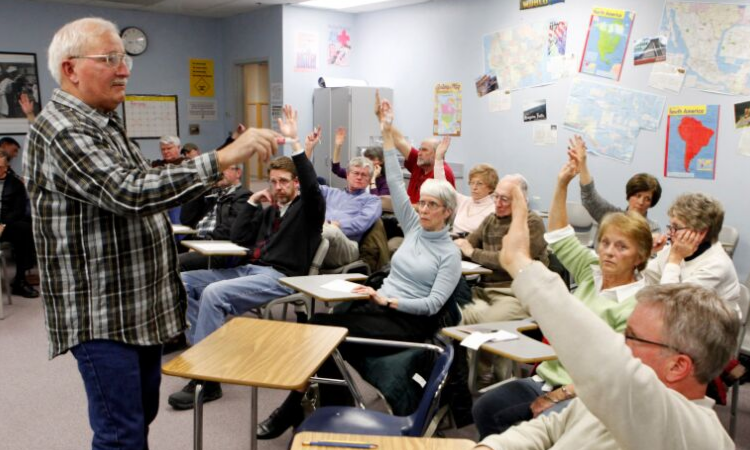 Or money and tech?
Or money and tech?
Did you see it? Probably not.
It wasn’t more than a twitch on Twitter. But earlier this year, Rob Witwer announced that he’d resigned from the Republican Party and re-registered as an independent.
So what else is new? After all, unaffiliated registrations have been steadily rising for years and now account for nearly 40% of the Colorado electorate. While registered Democrat and Republican voters have declined to about 30% each.
But Rob’s different. He use to represent a sizable chunk of Jefferson County in the Colorado House. I served two years with him in that body. He was a smart, articulate, straight shooting legislator who served his constituents well. He’s also the co-author of The Blueprint, an insightful account of how a handful of wealthy Democrats turned our red state blue.
So how does this help?
At least in part, Rob explained his action by saying:
“Becoming an independent is not a protest against the GOP so much as a recognition that the major parties have morphed into a malignant duopoly whose primary function is to amass power by dividing Americans against one another. This is immoral. And unsustainable.”
Now if Rob were speaking of how things are done in Washington, D.C., I could probably go along. The amount of money and raw power that sloshes around in the “swamp” is enough to corrupt all but the most incorruptible.
But Colorado’s different. Our Constitution mandates that we balance our state budget every year. The annual budget bill, and each session’s most important legislation, usually has broad, bipartisan support. By comparison with D.C., Colorado is a paragon of political virtue.
And even if we do have our share of partisan wrangling, how does registering as an independent help?
The real impact of being an “independent.”
Now, again, Rob’s a sharp guy. But from what I see on the Colorado Secretary of State’s website, Rob’s just done a couple of things that don’t make much sense.
First, he’s disqualified himself from participating in our caucus system for nominating political candidates. They’re only open to someone affiliated with one of the major parties.
“So what?” you ask. “No one goes to them anyway. And no one understands how they work.”
For you, the caucus skeptic, here’s some things to consider. A caucus is like a mini-political convention consisting, usually, of a few dozen folks in your immediate neighborhood. At a nearby school or church, delegates are elected to go on to the higher assemblies where candidates for offices like President, governor, congress and the US Senate are selected. It’s serious stuff. And sometimes uncomfortable.
Like when, at my last caucus, I put myself forward, despite the disapproving looks of several of my neighbors, to represent Donald Trump at the state convention.
But the point is that the caucus system is personal. Face to face. Grassroots. Low cost. Generally civil.
And the alternative?
But Rob, along with all other “independent” voters, has now opted into a primary election system that’s just the opposite.
From beginning to end, it’s money, money, money. From the hired gun signature collectors to the huge sums of money that gets dumped into scurrilous TV and mail campaigns ahead of the June primary. Since when wasn’t there’s enough money spent on nasty ads during the fall general election that we need to get the TV smear campaigns rolling in April for the June primary?
And talk about impersonal. With the anonymity of social media playing an increasingly dominant role in mass campaigns, you too can have your inbox endlessly spammed with vicious campaign emails from before the primary until after the general election. Congratulations!
At least with the caucus system, only the delegates to the various conventions are subjected to this sort of social media abuse. And, remember, they volunteered for it.
So, Rob, it would be nice to think that your action will heal our “malignant divisions.” But don’t hold your breath. In fact, by further weakening the caucus system, there’s a pretty good chance that things might get worse.





I, too, became an independent about 10 years ago. True, I miss out on the primaries and I agree that sometimes that is the place where my vote could have the biggest impact. But in NM, there is a movement afoot to let independents vote in primaries. Don’t ask me how it would work. But why not?
CO allows any voter, regardless of registration, to vote in any primary. Altho I’m not aware of it having happened yet, that means that one party could organize its members to vote in the other party’s primary and try to pick the worst candidate. I think these increasingly desperate efforts to get more people to vote simply cheapens the franchise. I don’t like it.